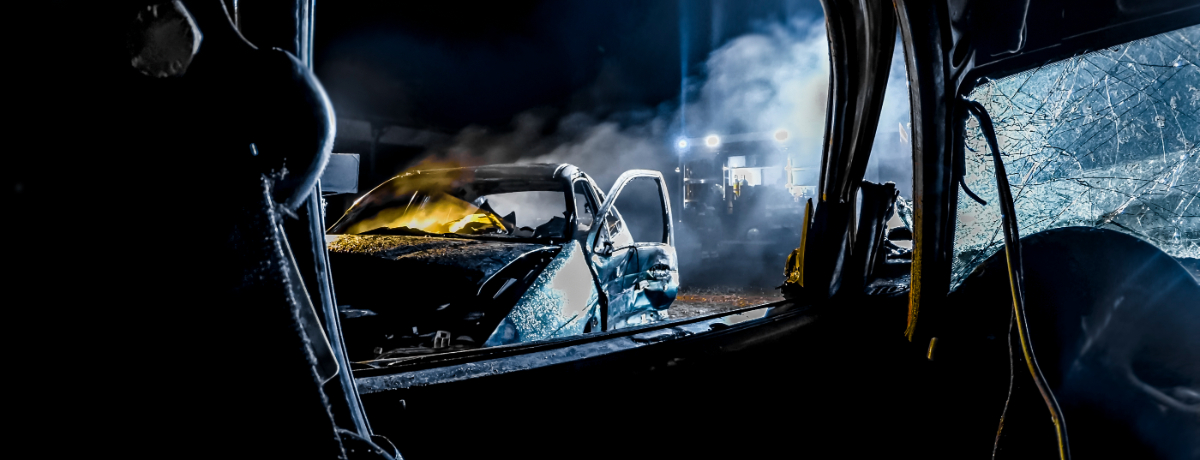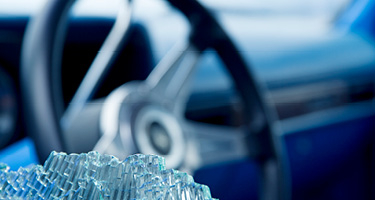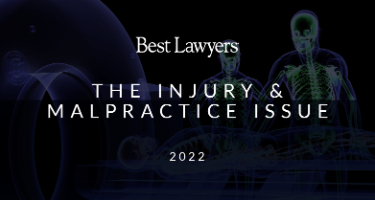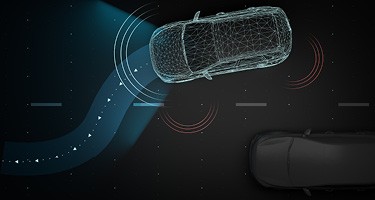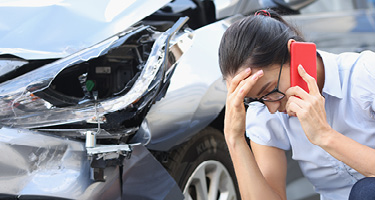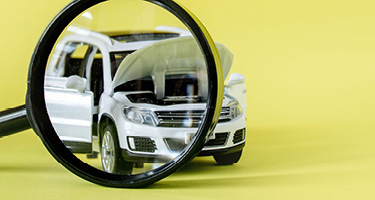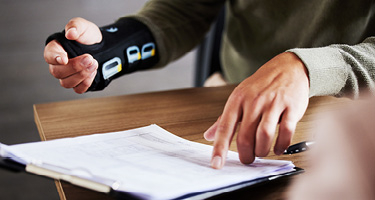Steps To Maximizing Compensation After a Car Accident in Florida
Car accidents can result in severe physical injuries, emotional distress, and financial losses. Even a minor injury resulting in an ambulance ride to the emergency room can result in expensive diagnostic tests, treatment, and missed time from work. Are you responsible for paying for these damages when you did not cause the accident?
In Florida, drivers are required to have no-fault insurance coverage. Therefore, if you are in an accident, you file a claim against your PIP coverage. No-fault insurance in Florida pays up to 80 percent of your medical bills and 60 percent of your lost wages. However, your compensation is based on your policy limits and terms.
To maximize your compensation for a no-fault insurance claim, make sure you seek medical treatment within 14 days of the automobile accident. Keep detailed records of your medical bills and lost wages to submit to the insurance provider. In addition, make sure that you verify the items covered by your insurance policy to maximize compensation for an accident claim.
Filing an Insurance Claim Against the At-Fault Driver
If you sustain a serious injury, you may pursue a claim against the at-fault driver.
Serious injuries are defined by Florida Statute §627.737 as:
● Permanent and significant disfigurement or scarring
● Permanent and significant loss of an important body function
● Permanent impairment or disability
● Death
If your injuries meet the injury threshold, you can seek compensation for all damages from the driver who caused the accident.
Damages may include economic losses, such as lost income, medical expenses, personal care costs, and travel expenses. Pain and suffering or non-economic damages include emotional distress, physical pain, permanent impairments, and decreased quality of life. The steps you take after the car accident can help or hurt your injury claim.
Steps To Take To Maximize Compensation for a Car Accident Claim
Steps that can help you improve your chance of recovering fair compensation for car accident damages include:
Step One: Report the Car Accident
Drivers involved in a car accident have a legal obligation to remain at the accident scene. In addition, all accidents resulting in property damage of more than $500 or personal injury must be reported to law enforcement. It is a good idea to report any auto accident to the police because you cannot be sure you were not injured until you see a doctor.
Step Two: Seek Medical Attention
Always seek prompt medical care after a car accident. Never say that you are “fine” or “okay” after a car crash. Your statements could be used against you later in your case. Instead, say you will see your doctor to determine your injuries if you do not go directly to the hospital from the accident scene.
Your medical records help establish a link between the accident and your injuries. This step is essential for recovering compensation for damages.
Step Three: Gather Evidence
Your injuries may prevent you from doing so, but if you can, take photographs and make a video of the accident scene. Also, ask bystanders for their names and contact information. Eyewitnesses can prove very helpful when the fault for the car crash is disputed.
Keep copies of all doctor’s bills and evidence establishing lost wages. If you incur any expense, keep copies of the invoices and payment. For example, if you pay someone to help with household chores, make sure that you obtain a bill and receipt for payment.
Step Four: Follow Your Doctor’s Treatment Plan
You do not want to be accused of making your injuries worse. Follow your doctor’s treatment plan. Failing to mitigate damages by ignoring your doctor’s treatment plan can reduce the value of your personal injury claim.
Step Five: Be Cautious When Dealing with the Insurance Company
The insurance company is not on your side. It does not want to pay a fair amount for your car accident claim. The company will do whatever it can to avoid paying your claim.
Therefore, be cautious when dealing with insurance adjusters and insurance claims investigators. Your statements could be used to allege that you contributed to the cause of the accident.
For example, if you innocently state you were running late and rushing to work when the accident occurred, the insurance company may claim you were speeding. However, if a jury believes your speed contributed to the cause of the crash, you could receive much less money for your claim.
Therefore, avoid recorded or written statements until you speak with a local car accident attorney. Also, beware that your telephone calls could be recorded even if you are not informed of the recording.
Step Six: Avoid Using Social Media
Social media could hurt your case. You may believe your posts are private, but an insurance investigator or defense lawyer could discover your posts. Discussing the accident or posting about your injuries could cause problems.
It is best to stop using social media until your car accident case is resolved. If you continue to use social media, do not post pictures or comment about the accident or your injuries.
A Final Word About the Claims Process
After a car accident, the claims process can be frustrating and confusing. Consulting with a car accident lawyer can be in your best interest. A local attorney will explain your legal rights and any additional steps you should take to maximize your compensation.
Each car accident case is unique. The above steps are general steps that could improve your chance of receiving a fair settlement in the state of Florida.
Peter Catania is a personal injury lawyer serving Tampa, FL. In 1992, Peter and his twin brother Paul founded Catania & Catania Injury Lawyers to help accident victims in Tampa. Peter and his legal team have recovered over $500 million on behalf of their clients. Their law office handles all personal injury cases and is located in downtown Tampa.
